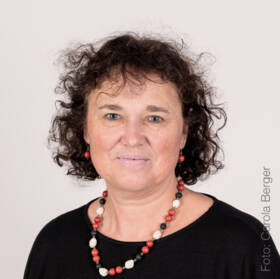Background
Austria is home to about 2 million people from a migrant background, 300,000 of whom come from former Yugoslavia. Armed conflicts in this region and elsewhere led and still lead to migration and traumatize(d) those affected.
With increasing age and next to problematic life situations such as dementia and loneliness, clients of Social Work often show symptoms of post-traumatic disorders for the “first” time. These symptoms are connected to traumatizing experiences in the home countries and the flight experience and intersect with the aforementioned other problematic life situations. Psychotherapy is often difficult to implement as a solution in this context due to a lack of intervention forms that are adapted to the everyday lives and the life situations of those affected.
Research Questions
- Which information do Social Workers need to work with this group of clients?
- Which methods are needed to support these persons?
- Which (short-term) intervention forms could be considered that are suitable for the life situations of the persons affected?
- How can relatives or other professional groups be informed and supported?
- How could these support forms be adapted for clients of different cultures?
Methodology
- Literature analyses
- Interviews with experts and affected persons
- Collection of ideas for support actions adapted to everyday life
- Testing of concrete concepts
Relevance
The numbers of those affected show a high epidemiological relevance. Data on the (psychological) health of this population demonstrates negative differences to the general population. Combined with co-factors such as dementia or changed family role perceptions, this leads to an increase in loneliness and mechanisms of exclusion.
For older people in particular, the last stage of life becomes a new life crisis triggered by symptoms of post-traumatic stress disorder after gaining personal strength and building up a new life following war and flight experience. The objective is to maintain the life quality of these people, keep their social relations intact, and contribute to alleviating the burden for those affected, their relatives, and caretakers to reduce exclusion and potential xenophobia.
Poster of the project vernissage 2022
Bachelor Theses
You want to know more? Feel free to ask!
Lecturer
Department of Social Sciences


